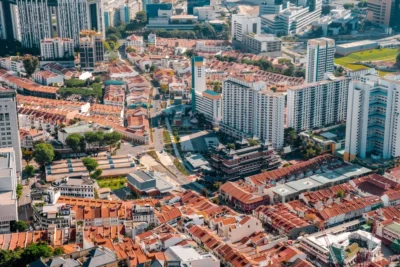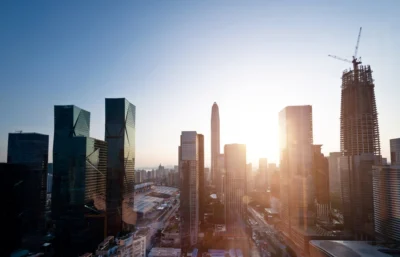Limited hotel supply partly to blame for decline in Thailand’s hotel investment volume
Despite the decline, the demand from investors remains strong
JLL Hotels and Hospitality Group announced on Tuesday that the total investment volume in Thailand dropped to THB3.7 billion (USD 118.9 million) in 2019 from its ceiling year of THB20.5 billion in 2018.
The limited number of hotel assets for sale believed to have contributed substantially to the decline in investment volumes in 2019.
Nevertheless, Thailand had four major hotel investments last year, including Beach Garden Hotel Cha Am, Four Points by Sheraton Bangkok, the old Customs House (leasehold, to be converted to a hotel), and Anantara Baan Rajprason (leasehold, presently Dusit Suites Hotel Ratchadamri Bangkok).
More: Foreigners in Thailand register high condo transfers
“Both international and domestic investors continued to show a keen interest in acquiring hotels in Thailand, particularly Bangkok, Phuket, Samui, and Chiangmai. However, a limited number of investment-grade hotel assets were put up for sale in 2019 after two record years in 2017 and 2018,” explained executive Chakkrit Chakrabandhu Na Ayudhya, vice president for investment sales at JLL Hotels and Hospitality Group Asia.
Another factor that led to the decline is the delay in settling transactions.
“There were a few notable hotel deals where the sale and purchase agreements were signed last year but the ownership is slated to transfer in 2020,” he added. “Some of these deals are significant in value and will give a considerable boost to the hotel investment volume in 2020.”
Recommended
Foreign demand recalibrates in Southeast Asia housing markets
Even amid global headwinds, Southeast Asia’s property markets hold appeal for foreign buyers
Tariffs and turmoil test Singapore homes as suburbs hold firm
Foreign levies, regional wars, and buyer fatigue are putting pressure on the city-state’s housing market
Gulf luxury markets lure global capital amid policy shift
Gulf nations are shaking off a reputation for overt bling to lead a post-pandemic luxury boom
China housing slump deepens as oversupply drags prices
Concerns remain over surplus inventory built by troubled property developers as prices continue to fall across all but a handful of major cities









